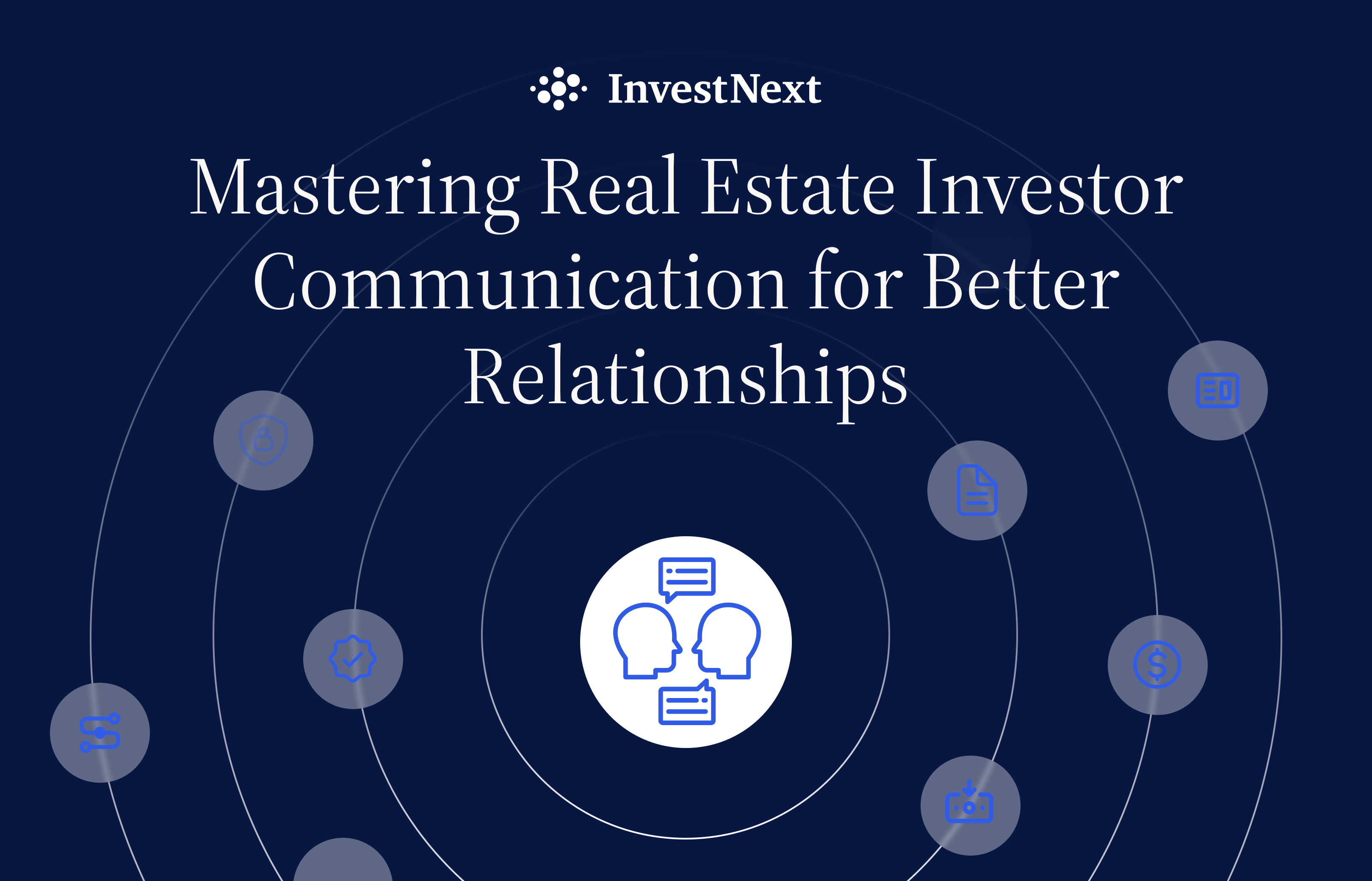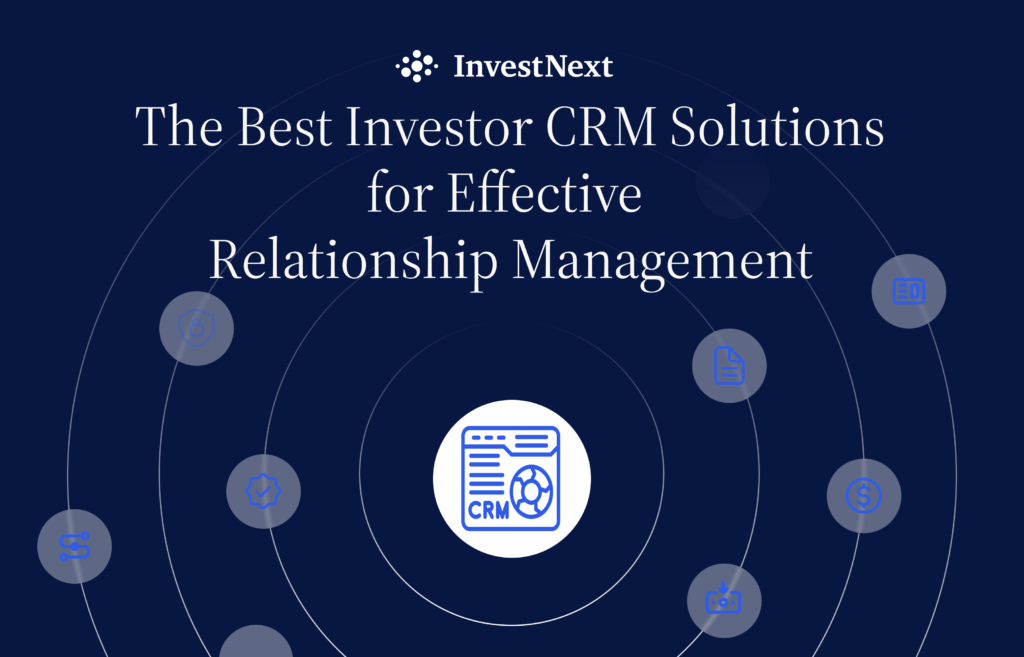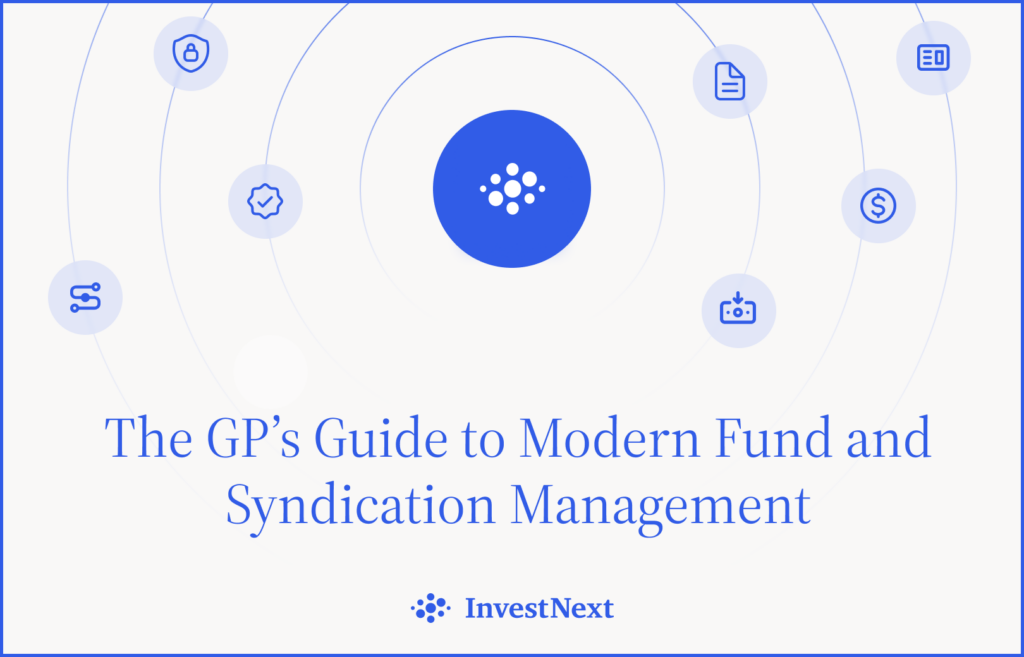Introduction to Investor Relations
Real estate investor communication forms the foundation of successful investor relations in today’s competitive real estate industry. Building strong investor relationships requires transparency, clear expectations, and consistent communication that fosters trust between sponsors and investors. Real estate investors demand professional service standards that demonstrate operational excellence while providing the insights necessary to make informed investment decisions.
Effective real estate investing depends on establishing communication protocols that keep investors informed throughout the investment lifecycle. Real estate investment success hinges on the sponsor’s ability to build confidence through regular updates, comprehensive reporting, and responsive service that addresses investor concerns promptly. The real estate industry has evolved to expect institutional-grade communication standards regardless of investment size or sponsor experience level.
Modern investors evaluate sponsors not just on investment opportunities but also on operational capabilities and communication quality. Real estate professionals who master investor relations create competitive advantages that enable them to attract capital, retain investors, and build sustainable businesses. Setting proper expectations from the start establishes the foundation for long-term relationships that support continued growth and success.
The Role of the General Partner
General partners play critical roles in real estate investing, including managing investor relations and maintaining communication standards that build investor confidence. Effective communication involves providing timely updates, financial performance reporting, and insights into the investment process that help investors understand value creation strategies. General partners should address concerns directly and provide transparency that fosters trust with investors.
Managing investor relations requires deep understanding of investor needs and expectations combined with operational capabilities that deliver consistent service quality. General partners must balance transparency with confidentiality requirements while providing investors with the information needed to evaluate investment performance and strategic direction. Professional investor relationship management creates competitive advantages that support continued business growth.
The general partner role extends beyond investment management to include building relationships that encourage investor loyalty and referrals. Investors evaluate general partners based on communication quality, operational competence, and track record of delivering promised returns while maintaining professional service standards throughout the investment lifecycle.
Understanding Investor Needs
Real estate investors have diverse needs and expectations that must be understood to deliver effective investor engagement. Different investors prioritize varying aspects of investment performance including financial reports, property appreciation, rental income, and overall portfolio diversification. Understanding these preferences enables sponsors to tailor communication and investment strategies that align with investor objectives.
Investors expect regular investor updates about investment activities, market conditions, and potential risks that could impact performance. Professional investment management requires systematic approaches to gathering, analyzing, and communicating investment performance data that helps investors make informed decisions. Real estateprofessionals must balance providing comprehensive information while avoiding overwhelming investors with unnecessary details.
Investor engagement extends beyond basic reporting to include proactive communication about market trends, portfolio optimization opportunities, and strategic initiatives. Investors appreciate sponsors who demonstrate deep market knowledge and share insights that enhance understanding of real estate investment dynamics. Building these educational relationships positions sponsors as trusted advisors rather than merely transactional service providers.
Strategic Investor Engagement
Investor engagement represents a critical component of successful real estate investing that extends beyond basic reporting requirements. Regular updates through conference calls, in person meetings, and digital communication platforms keep investors informed while encouraging active participation in the investment process. Real estate syndicators should provide transparency and insights into investment performance, market developments, and strategic initiatives.
Effective communication helps build trust and confidence with investors, leading to lasting relationships that support continued business growth. Investors should be encouraged to ask questions and provide feedback to ensure their needs and expectations are being met consistently. Professional investor engagement requires balancing information sharing with efficient communication that respects investor time and preferences.
Financial performance reporting and updates about significant developments should be delivered through systematic communication protocols that ensure all investors receive timely, accurate information. Building strong relationships through consistent investor engagement creates opportunities for additional capital raising and investor referrals that support business expansion.
Effective Investor Communication
Effective investor communication requires leveraging technology including real estate CRM systems and investor portal platforms that streamline information delivery while enhancing investor experience. Modern communication channels encompass conference calls, in-person meetings, email updates, and digital platforms that provide investors access to real-time performance data and documents.
Professional real estate operations utilize multiple communication methods to reach fellow investors and limited partners with relevant information about investment performance and strategic developments. The ability to address concerns directly through responsive communication builds lasting relationships that support long-term business growth. Investors value sponsors who maintain consistent communication standards regardless of market conditions or investment performance.
Strategies for effective communication include establishing regular reporting schedules, creating clear escalation procedures for investor concerns, and implementing feedback mechanisms that demonstrate responsiveness to investor preferences. Real estate professionals who excel at investor communication create environments where investors feel informed, valued, and confident in sponsor capabilities.
Communication Best Practices
Investor communications should be clear, concise, and timely, providing relevant information and insights that help investors understand investment performance and market dynamics. Financial reports, property appreciation data, and rental income information should be communicated regularly along with updates about investment activities and market conditions. Effective investor information delivery requires attention to key points that matter most to investor decision-making.
Professional investor communications anticipate potential issues and address concerns directly through transparent reporting that builds confidence in sponsor capabilities. Investors should be encouraged to ask questions and provide feedback, with concerns addressed directly and transparently through responsive communication. Quality documents and presentation standards enhance credibility while demonstrating attention to detail.
Effective communication strategies utilize comprehensive approaches that integrate real estate CRM systems, investor portal technology, and traditional communication methods, including conference calls and in-person meetings. Good communication requires long term strategy development that establishes consistent messaging, reporting standards, and engagement protocols. Other tools, including automated distribution notices, digital documents, and performance dashboards, enhance investor experience while reducing administrative overhead.
Leveraging Technology for Investor Management
Leveraging technology through real estate CRM systems enables investment managers to streamline investor management while delivering superior service quality. A centralized platform provides efficient management of distribution notices, financial reports, and other key documents to investors, making it easier to manage investor relations at scale.
Modern investor portal technology addresses the diverse needs of different investors while providing standardized access to investor information. Real estate syndicators can use technology platforms to provide more insights and transparency to investors, fostering trust and confidence in real estate investment decisions. Advanced tools and solutions automate routine communication tasks while enabling personalized engagement when needed.
Technology platforms transform manual investor management processes by centralizing documents, automating distribution notices, and providing real-time access to investment performance data. Investors benefit from immediate access to their investment information while sponsors reduce administrative overhead and improve operational efficiency. The right technology solutions scale with business growth while maintaining service quality standards.
Modern communication strategies balance technology automation with personal engagement that maintains the humanelement investors value. Tools and strategies should be selected based on investor preferences, investment complexity, and operational efficiency requirements while maintaining professional standards across all communication activities.
Frequently Asked Questions
What is the 7% Rule in Real Estate?
The 7% rule in real estate investment serves as a guideline for evaluating rental income potential relative to property purchase price. This rule suggests that annual rental income should equal approximately 7% of the property’s acquisition cost to generate acceptable returns. Real estate professionals use this metric as an initial screening tool when evaluating investment opportunities, though comprehensive analysis requires consideration of additional factors including market conditions, operating expenses, and capital appreciation potential.
How Do You Communicate with Investors?
Effective investor communications require comprehensive approaches that utilize multiple communication channels, including digital investor portal platforms, conference calls, email updates, and in person meetings. InvestNext provides real estate professionals with advanced investor portal technology that streamlines communication while enhancing investor experience. Our CRM platform integrates investor communications, distribution notices, and performance reporting into unified workflows that improve efficiency while building stronger relationships.
How is Communication Used in Real Estate?
Communication in the real estate industry encompasses investor relations, marketing, transaction coordination, and ongoing relationship management that supports business growth. Real estate professionals use communication to build investor relationships, market investment opportunities, coordinate transactions, and maintain ongoing engagement throughout the investment lifecycle. Effective communication creates competitive advantages that enable real estateprofessionals to attract capital, close deals, and build sustainable businesses.
Who to Talk to About Real Estate Investing?
Real estate investing guidance comes from various sources including experienced investment managers, successful real estate syndicators, and professional advisors who specialize in real estate markets. Real estate professionals, investment advisors, and industry specialists provide valuable insights into market trends, investment strategies, and operational best practices. Building relationships with experienced practitioners enables new investors to learn from proven strategies while avoiding common mistakes.
Conclusion
Effective investor communication remains crucial for successful real estate investing that builds lasting relationships and supports sustainable business growth. Real estate syndicators who master communication strategies create competitive advantages through transparency, responsiveness, and professional service delivery. Leveraging technology while maintaining the human element in investor relationships enables real estate professionals to scale operations while preserving the personal touch that investors value.
InvestNext’s comprehensive platform provides real estate professionals with the tools and solutions necessary to excel at investor communication. Our advanced real estate CRM system enables investment managers to maintain detailed investor histories, automate communication workflows, and track relationships systematically. The platform’s integrated investor portal technology delivers professional, secure access to investment information while streamlining distribution notices and document management.
InvestNext’s secure investment management platform combines investor relations tools, automated communication capabilities, and comprehensive reporting features, transforming manual processes into efficient and scalable operations. Our solutions help real estate professionals maintain transparency, build investor confidence, and deliver the institutional-grade service quality that investors expect from modern real estate investment operations.
Building strong investor relationships through InvestNext’s technology solutions creates opportunities for additional capital raising, investor referrals, and long-term business success. The future of real estate investor communication belongs to professionals who embrace comprehensive platforms like InvestNext while maintaining focus on relationships, transparency, and service quality that exceeds investor expectations.





